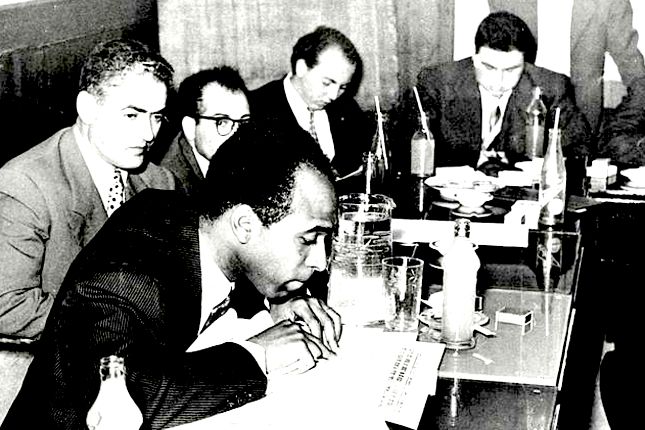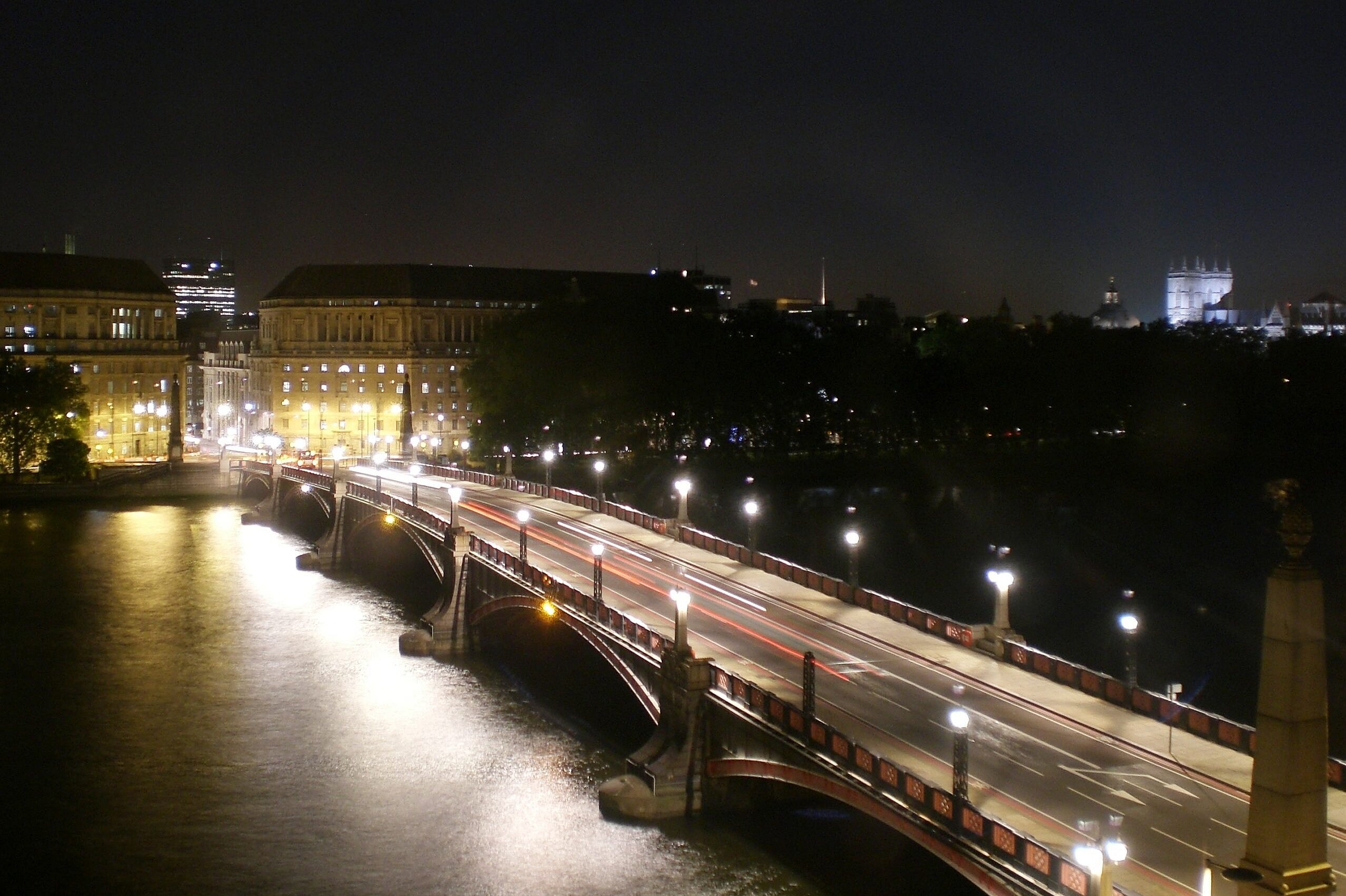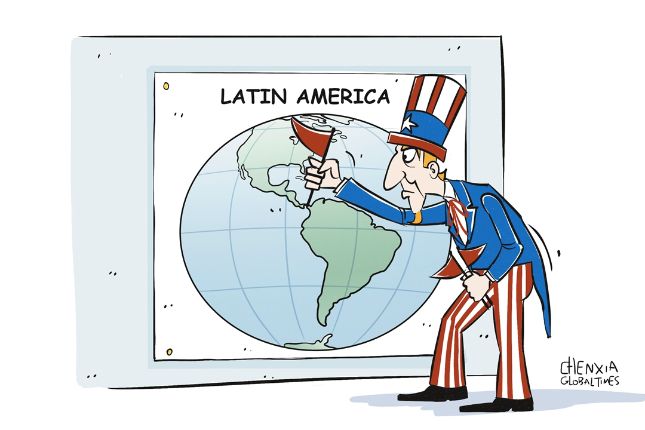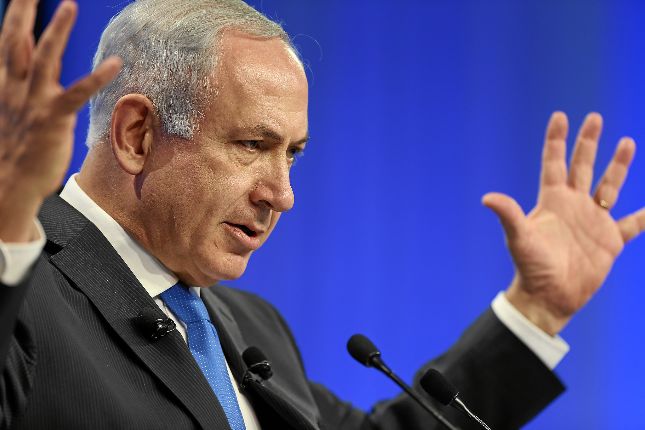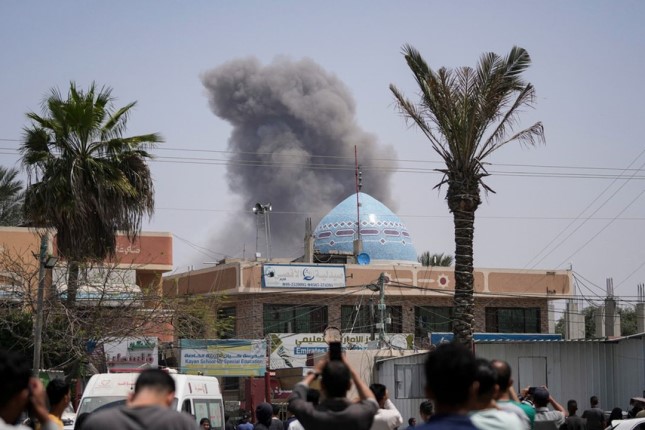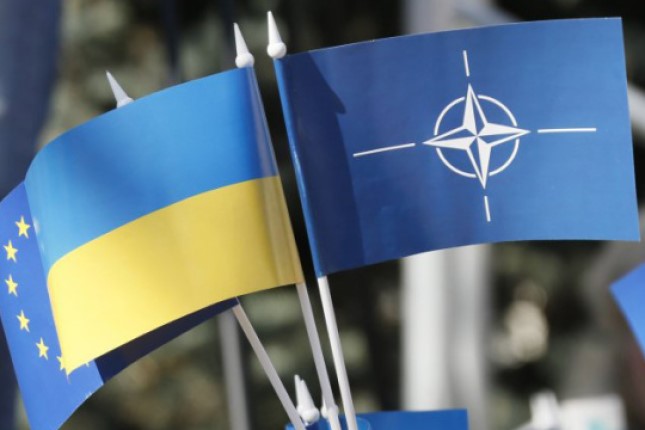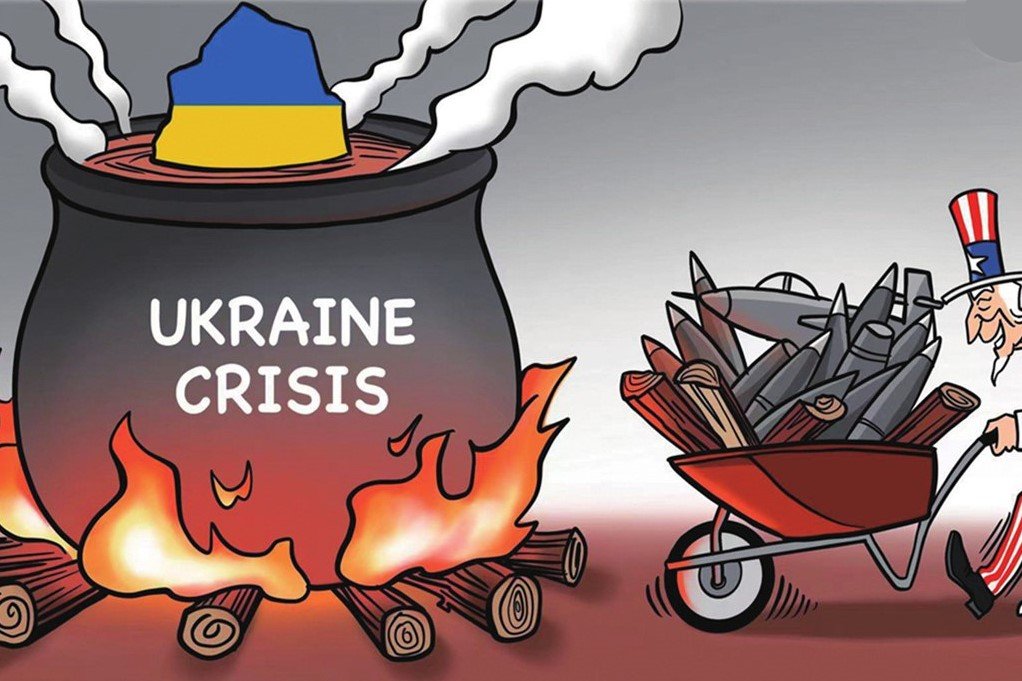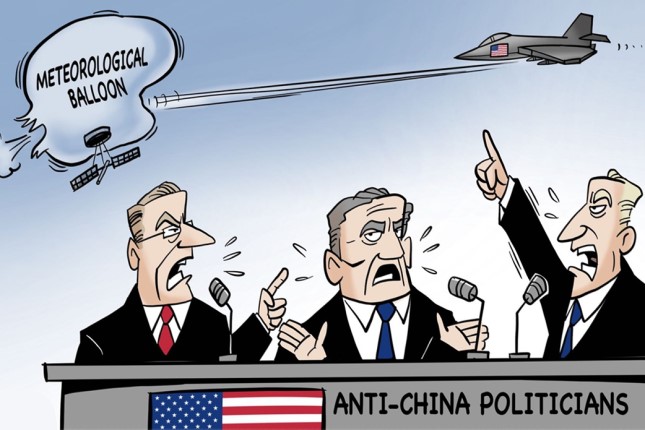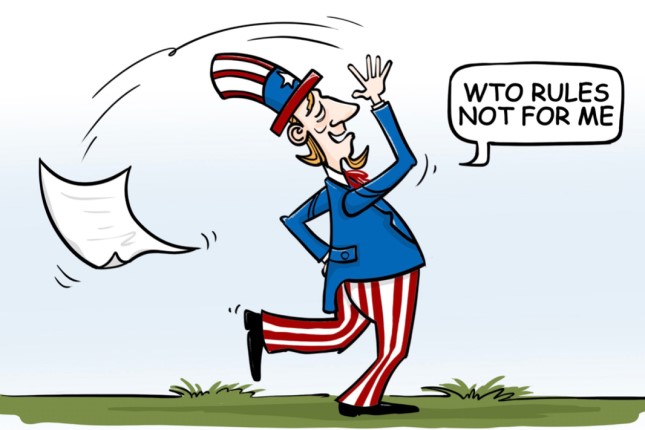Israel’s murderous assault on the people of Gaza — over this past year — with the material, diplomatic and political support of the collective West — has been tantamount to witnessing a rabid dog ripping the flesh from the bones of what many had allowed themselves to believe was a world worth living in. At this point, it is not.
Israel’s ongoing exercise in mad slaughter is of a piece with the rage unleashed by the slaveowner in response to recalcitrant slaves daring to break out of the plantation. And it is here where we understand the real “crime” of the Palestinians of Gaza – refusal to remain in the place accorded them by their colonizer and oppressor. That is, on their metaphoric knees, defeated and broken in mind, body and spirit.
This is the true significance of Oct. 7 2023. It proved to the Israelis and their Western backers that despite their condition as a people confined to a latter-day reservation, that despite the racist disregard for their humanity, the Palestinians remain defiant. It also revealed a level of planning and ingenuity that no colonized people is ever supposed to be able to achieve.
Nobody understood or articulated the psychology of the oppressed better than legendary anti-colonialist militant and thinker, Frantz Fanon: “Violence,” he once wrote, “frees the native from his inferiority complex and from his despair and inaction; it makes him fearless and restores his self-respect.”
Fanon may have died in 1961, but his analysis of Western colonialism, its brutality and the dehumanizing impact it has on its victims — forging psychological chains of oppression and self-hatred which can only be broken via a “murderous and decisive struggle” against the colonizer — remains apposite over five decades since it appeared in his classic work, The Wretched of the Earth.
Fanon wrote the book in the midst of the epic struggle for national liberation that was taking place between the Algerian people and their French colonial masters, pitting the might of a first world European power against a poorly armed, but popularly supported anti-colonial insurgency. It was a fierce and bitter conflict which raged over eight long years, between 1954 and 1962.
Ultimately, the Algerian people’s quest for national liberation proved stronger than France’s ability to retain a North African colony it had possessed since the 1830s. By the time the conflict ended, marked by French President Charles De Gaulle’s pronouncement that the Algerian people had the right to determine their own future, 1.5 million had perished, of whom the vast majority were Algerian.
Oct. 7 was less Israel’s 9/11 and more a Palestinian Tet Offensive. It was a scream from the bowels of structural oppression, a reassertion of the self-respect Fanon recognized in the violence of a colonized and oppressed people. It was, in sum, the killing rage of those who refuse to accept the status of an unpeople.
In the spirit of Geronimo, Sitting Bull and Crazy Horse. In the spirit of the Mau Mau, the spirit of Irish revolutionary leader James Connolly of Easter Rising 1916 fame. In the spirit of Bobby Sands and the other Irish Hunger Strikers who gave their lives for freedom in 1981. In the spirit of every anti-colonial resistance movement and struggle there has ever been, the Palestinians of Gaza on Oct.7, 2023, dared to say ”No!”

Palestinian protesters in Gaza on Oct. 17, 2023. Photo: Fars Media Corporation, Wikimedia Commons, CC BY 4.0.
The resulting wave of total violence unleashed upon the Palestinian people since is not that of a just cause. It is precisely the opposite. As with the French in Algeria, the Americans in Vietnam, and the British in Ireland, this Zionist settler-colonial project has failed on its own terms. It can only be sustained by extreme violence and slaughter, such is its unsustainability on the basis of its supremacist idea.
The simple and unvarnished truth is you cannot keep 2.2 million people confined to a latter-day Indian reservation for 17 years, control their access to electricity, clean drinking water, and all the necessities of life, while also denying them freedom of movement, dignity, hope and a future. No, you can’t do all that and expect next-to-no resistance.
This is the context in which Operation Al-Aqsa Flood, launched by Palestinians in Gaza one year ago today, must be understood. No ugly oppression has ever given rise to a pretty resistance. History leaves no doubt of it.
The pretext for this audacious Palestinian operation was the repeated violation of the Al-Aqsa Mosque in Jerusalem — Islam’s third holiest site, during Ramadan in 2023. It was also predicated on the unrelenting refusal to accept the normalization of their condition as a colonized and dispossessed people across the Arab and Muslim world.
Gaza today lies in ruins. Over 40,000 have been killed so far in Israel’s orgy of revenge. There will be those, understandably, who will question the rationale behind Oct. 7, given the extent of the suffering that has been visited on the people of Gaza in its wake. But there is a marked difference between chronological and historical time. And with the latter in mind, it is still too soon to tell if it was worth it.
But thinking about this particular question on a deeper level, this would impose the norms of the uncolonized onto the colonized. In truth, the real question we should be asking ourselves one year on is this: What choice did they have? When the choice is between living on your knees or dying on your feet, is there really any choice involved at all?
Main photo: Frantz Fanon during a press conference of the Writers Congress in Tunis in 1959 © Wikimedia Commons, Public domain.
Source: Consortium News.
